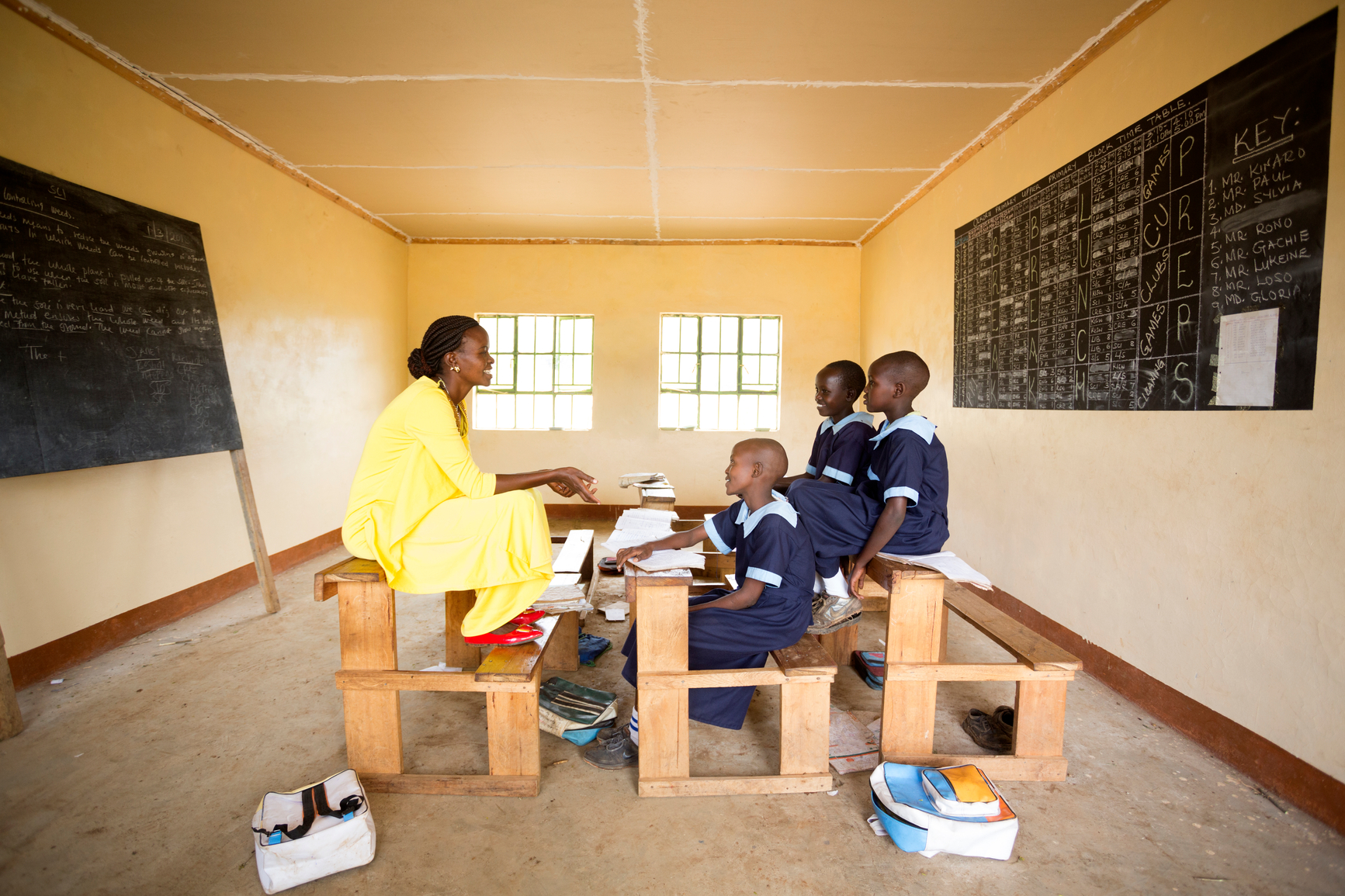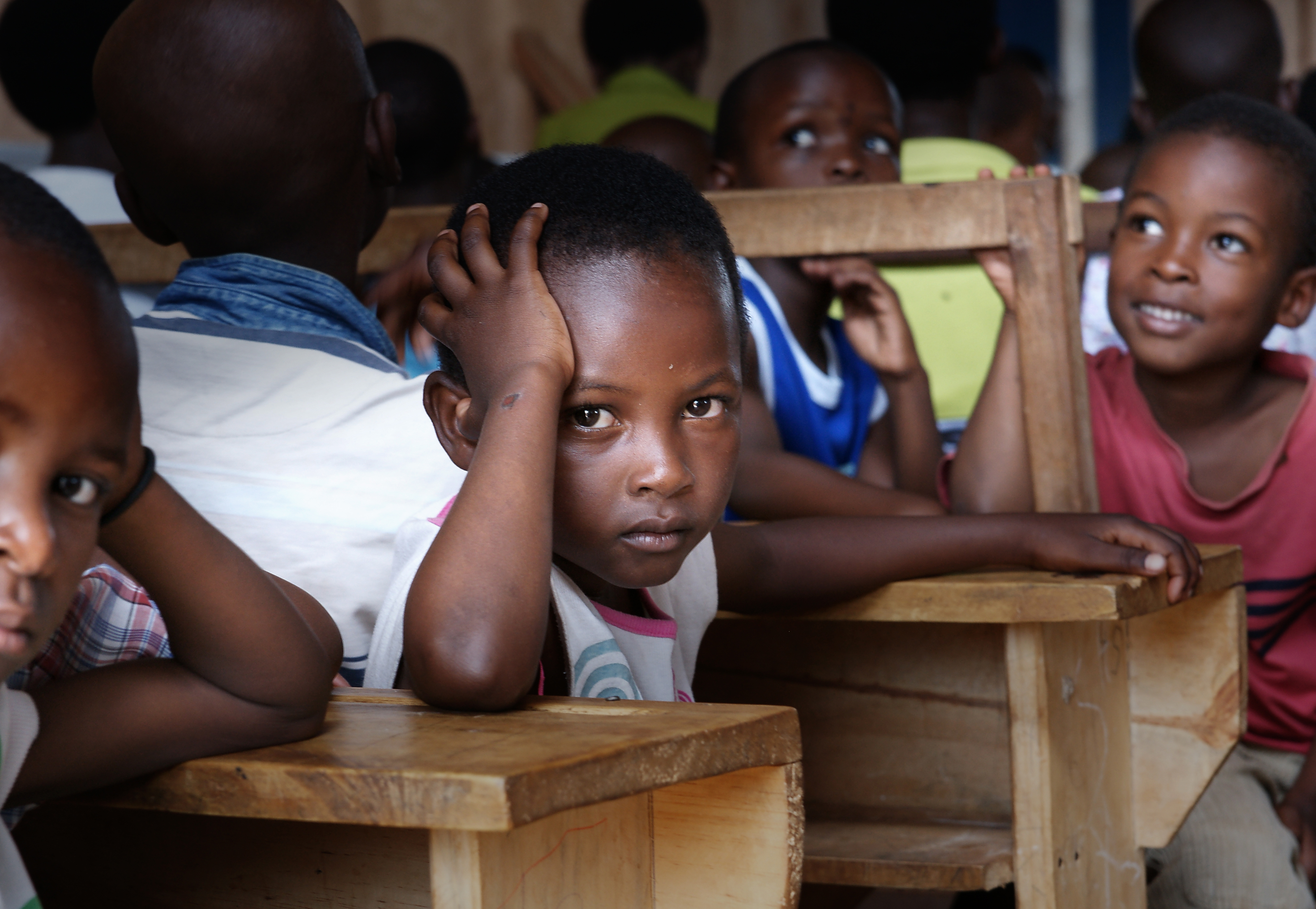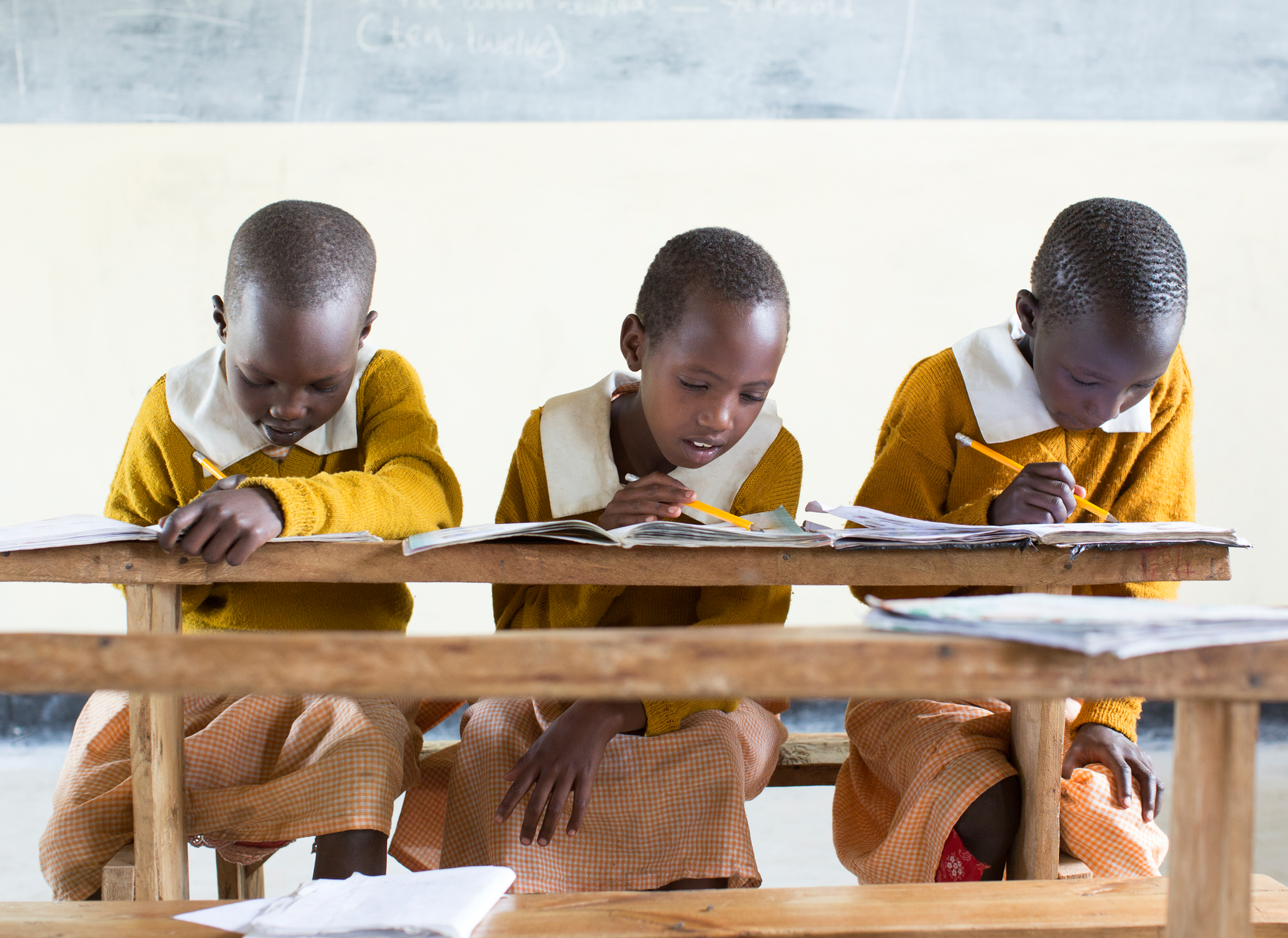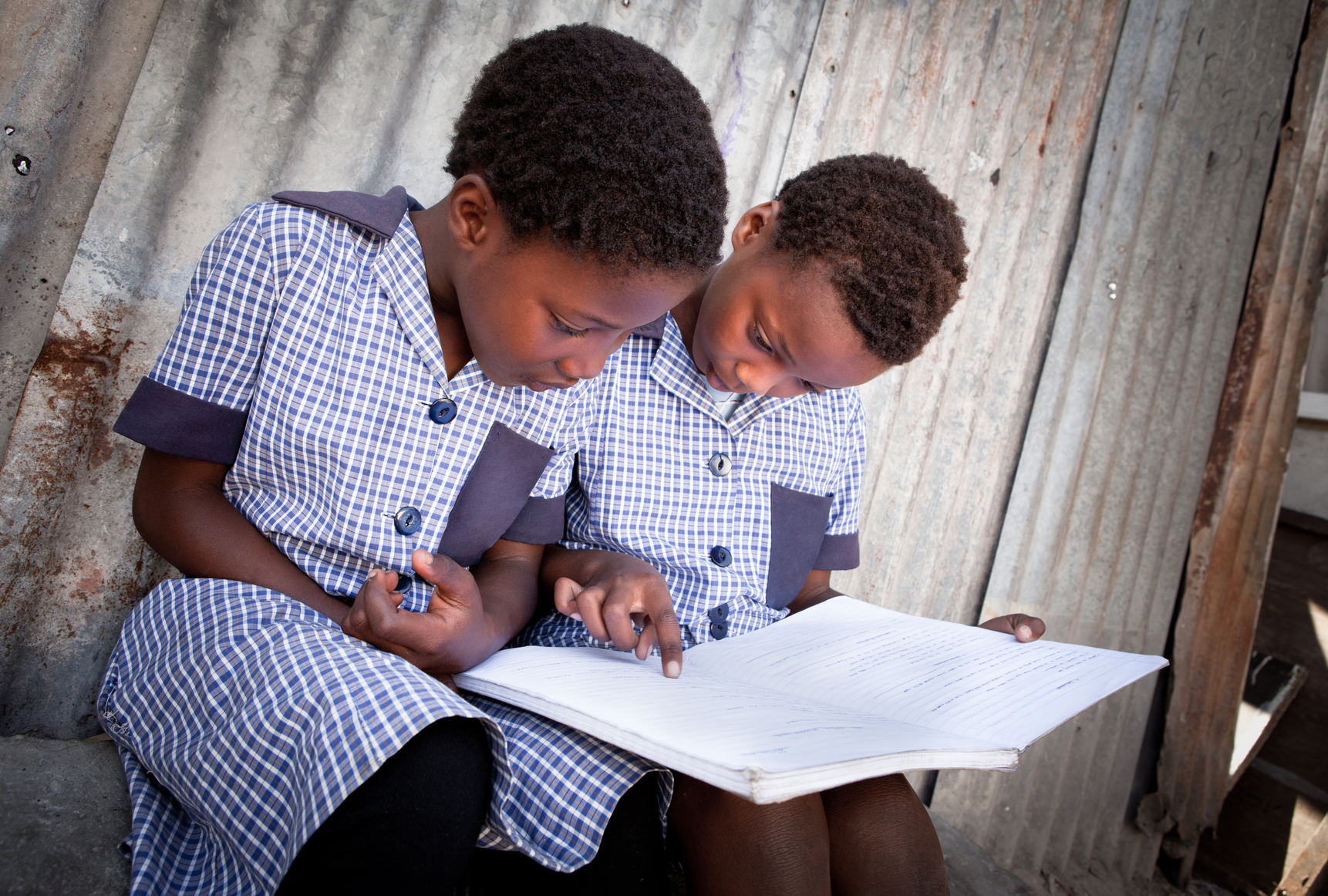Over the last few decades, primary school enrollment has increased world-wide. Despite this positive trend, almost 60 million primary school aged children do not attend school and, among those enrolled, absenteeism is high. Further, securing a quality education remains out of reach for many. Attending school does not necessarily imply children are learning. Data show that many children in third grade cannot read a single word and many complete primary schools without the expected reading and math skills. Enrollment and retention in secondary school have their own challenges. Youth face higher opportunity costs of staying in school than primary age children. In some contexts, young women face greater barriers to staying in school than young men, as gender norms, School-Related Gender-Based Violence (SRGBV), and reproductive health issues, among other factors prevent them from continuing their education.
NORC conducts rigorous mixed-methods impact and performance evaluations—including the associated data collection, evidence reviews, cost analyses, and dissemination and learning activities—to provide insights on the nature of and possible solutions to these complex problems. We apply innovative methods to produce high quality data and analyses, including tools to record school attendance, observe and analyze classroom dynamics, and elicit truthful responses on sensitive topics, like those related to SRGBV.
To improve the quality of primary education in Zambia and Kiribati, NORC studied how ICT tools can boost early reading and math skills. In Ethiopia, Kenya, Liberia, Nepal, and Uganda, we evaluated the effects of teacher training and coaching, and access to reading and teaching materials on student reading outcomes. NORC evaluated the performance of alternative basic education programs in Somalia and the impact of school feeding programs on student attendance and attentiveness in Guatemala. To improve secondary education, NORC has studied barriers to secondary education, analyzing how different policies can help students stay in school, including SRGBV teacher training in Tanzania and Uganda, building life skills in Tanzania, and school construction in Malawi.
Global Education Experts
-
Alicia Menendez
Senior Fellow -
Alejandro Ome
Senior Research Scientist -
Erika V. Keaveney
Senior Research Scientist








